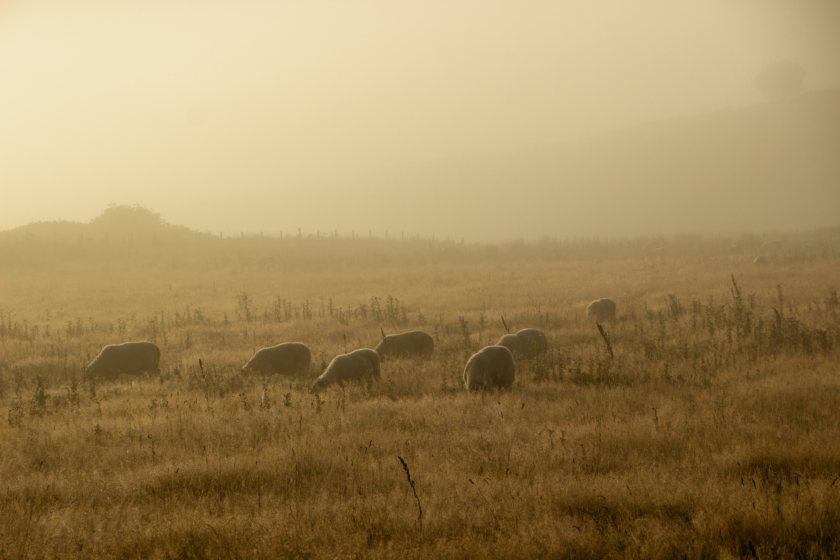
NFU Scotland has called on the Scottish government to reconsider its 'hardening of the green agenda' if it wants to address food security concerns.
The union said that under the Bute House agreement, the ability of government to strike a balanced approach with the farming industry on food security and tackling emissions had 'changed'.
The Bute House agreement is a power-sharing deal between the SNP and the Scottish Greens, struck in August 2021.
Specifically, on issues like species management, NFU Scotland warned that the government was losing the support of farmers and crofters.
Scottish farmers were also denied emergency access on Thursday (22 June) to use bracken control herbicide Asulox, despite it given the go ahead for use in England.
NFU Scotland, along with other industry groups, have called for the decision to be "urgently reviewed", amid fears bracken is rapidly spreading in the uplands.
The union's president, Martin Kennedy said the Bute House agreement had enabled "a hardening of the green agenda".
He said it was giving "cause for serious concern" not only for rural businesses, but for the Scottish economy as a whole.
On the Asulox decision, Mr Kennedy said: “In the absence of any other viable alternative, the consequences of the ban, which will consign some of Scotland’s hillside to monocultures of tick-laden nature-depleted bracken has ramifications for farmers, rural communities, human health, and biodiversity.”
And commenting specifically on species management, he said that working with NatureScot for decades on management of the likes of beavers, White-tailed eagles and geese had seen progress.
However, under the Bute House agreement, the "pendulum has now swung in the wrong direction".
The translocation policy for beavers, introduced under the Bute House agreement, will see beaver numbers reach 10,000 by the end of the decade.
"This not only threatens the viability of some rural businesses but, in some cases, has also put at risk some of the things we are trying to protect," Mr Kennedy said.
"Under the previous SNP Government, the union had accepted natural expansion, but translocation now significantly increases the likelihood of farmers suffering severe agricultural damage at the hands of rapid species expansion."
White-tailed eagle numbers also continue to grow annually, as do the number of farmers and crofters losing sheep to the species.
Mr Kennedy said that without a dedicated funding stream backed by effective management or licencing, the impacts of some species that were growing rapidly in numbers.
He explained: "A growing number of farmers and crofters are suffering from the damage that some of these species are doing, yet there is a limited budget available for meaningful mitigation to control this damage.
“We cannot continue to pass the costs of what is deemed to be ‘in the public interest’ on to farming businesses."
The concerns follow the Scottish government unveiling new conditions for support payments, to be introduced from 2025.
Farmers and crofters will be required to adopt numerous environmental practices to qualify for the payment.
